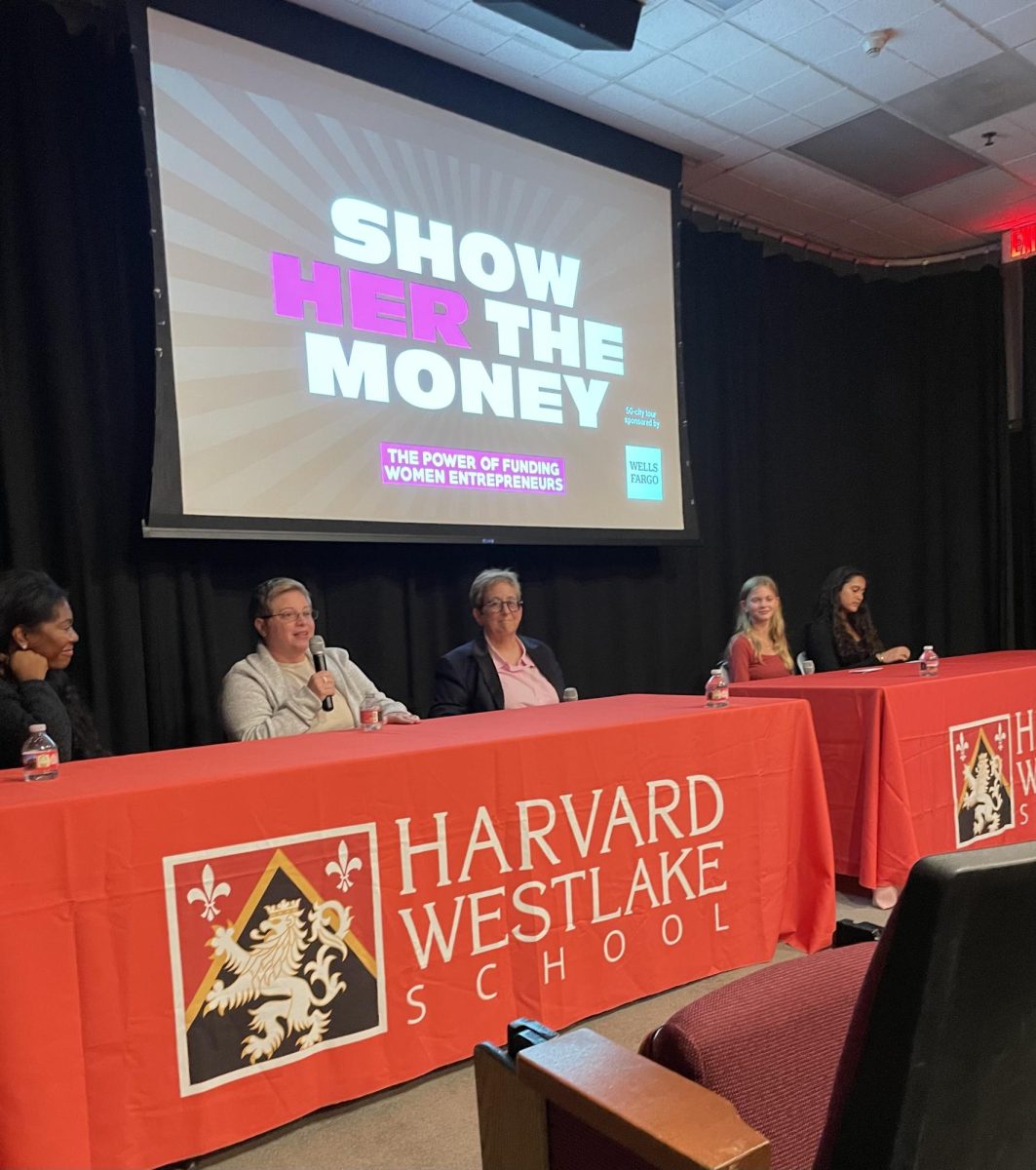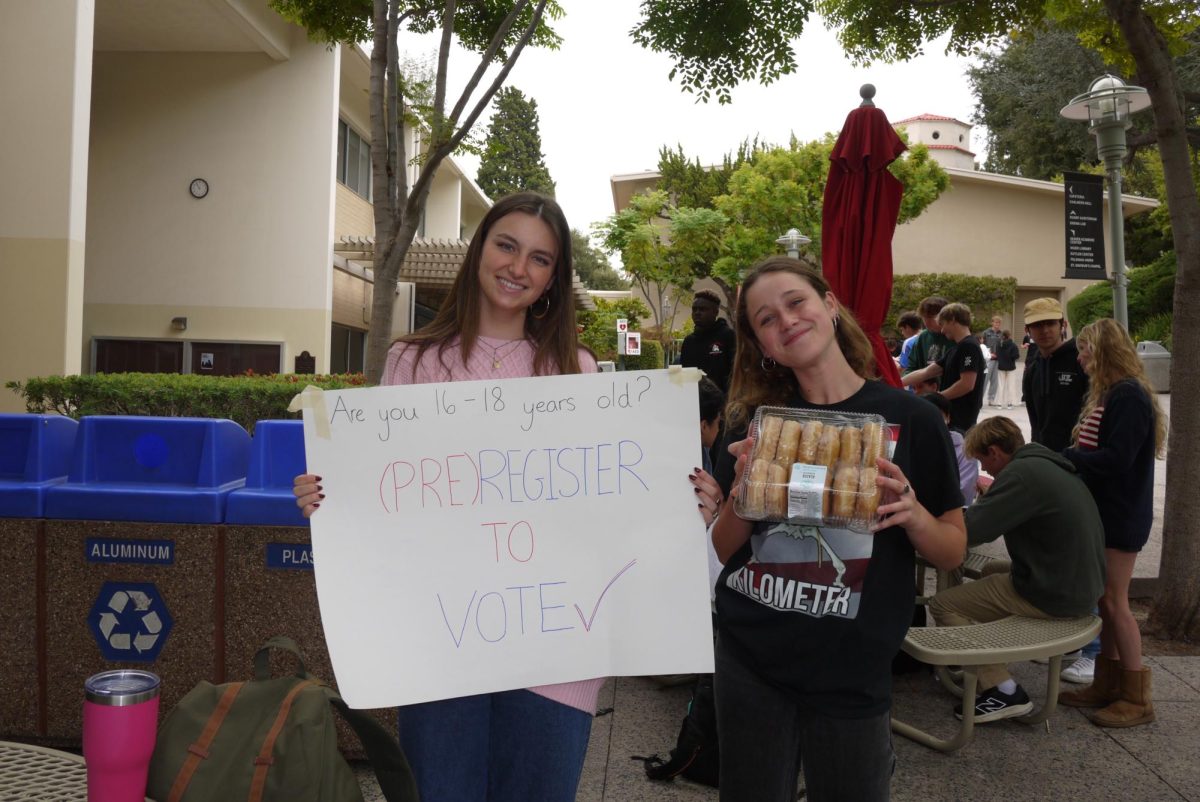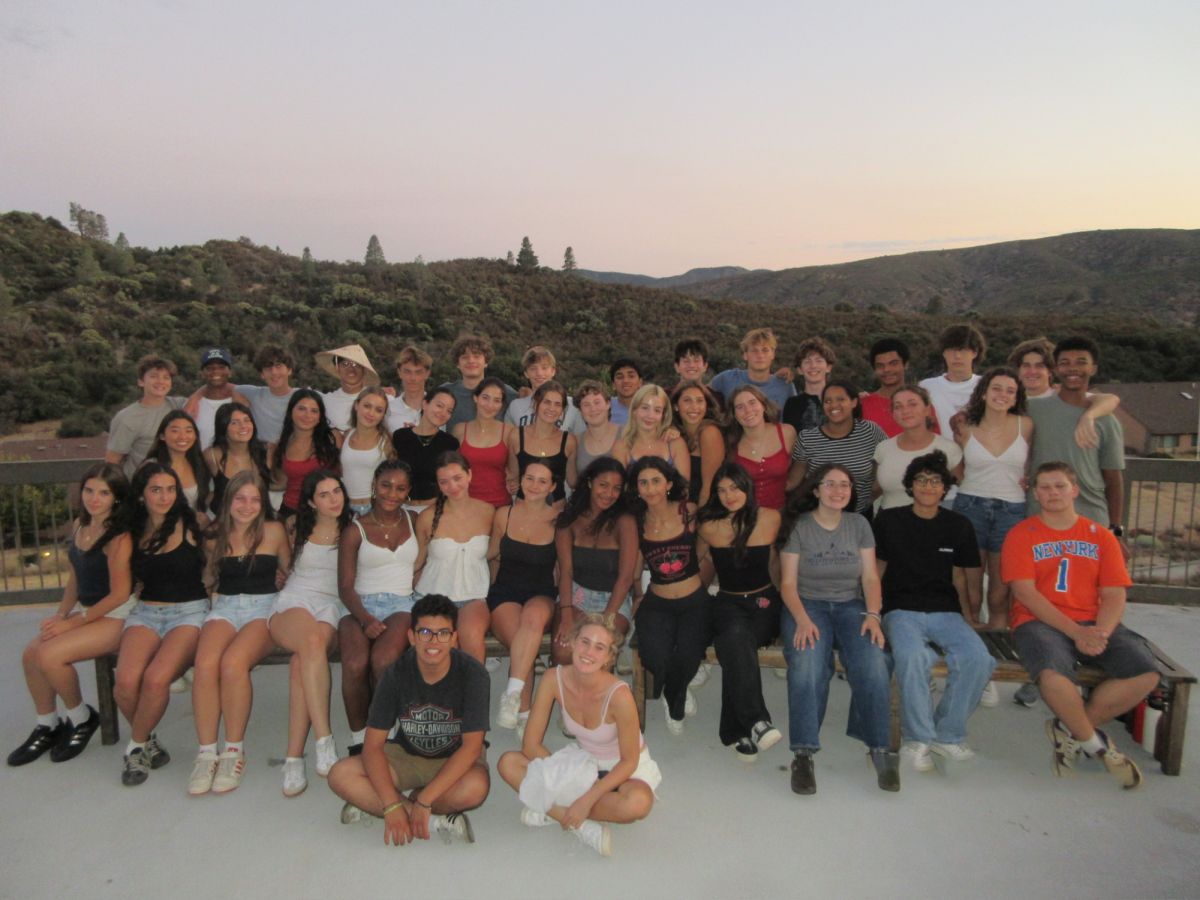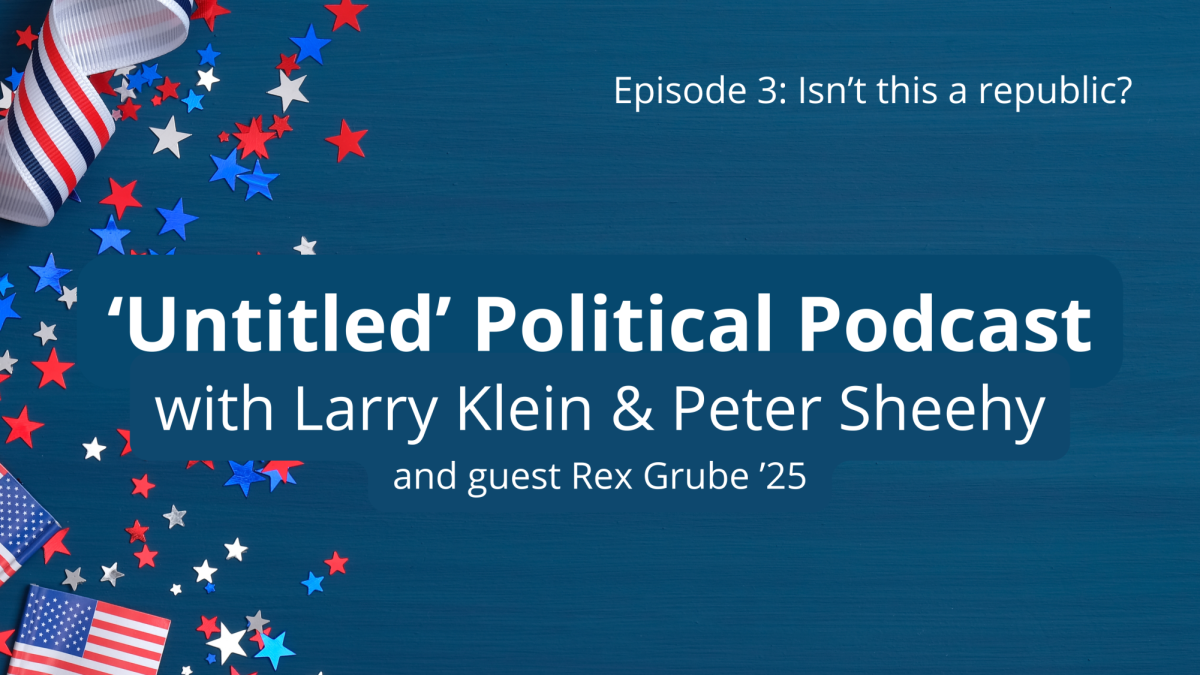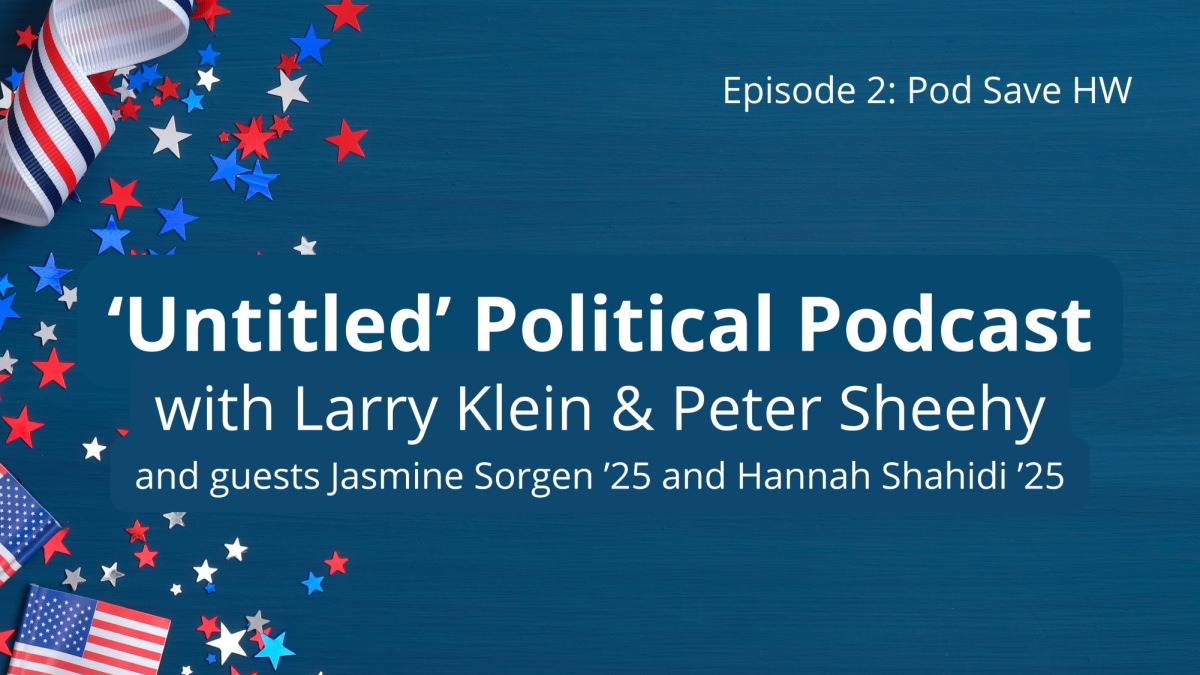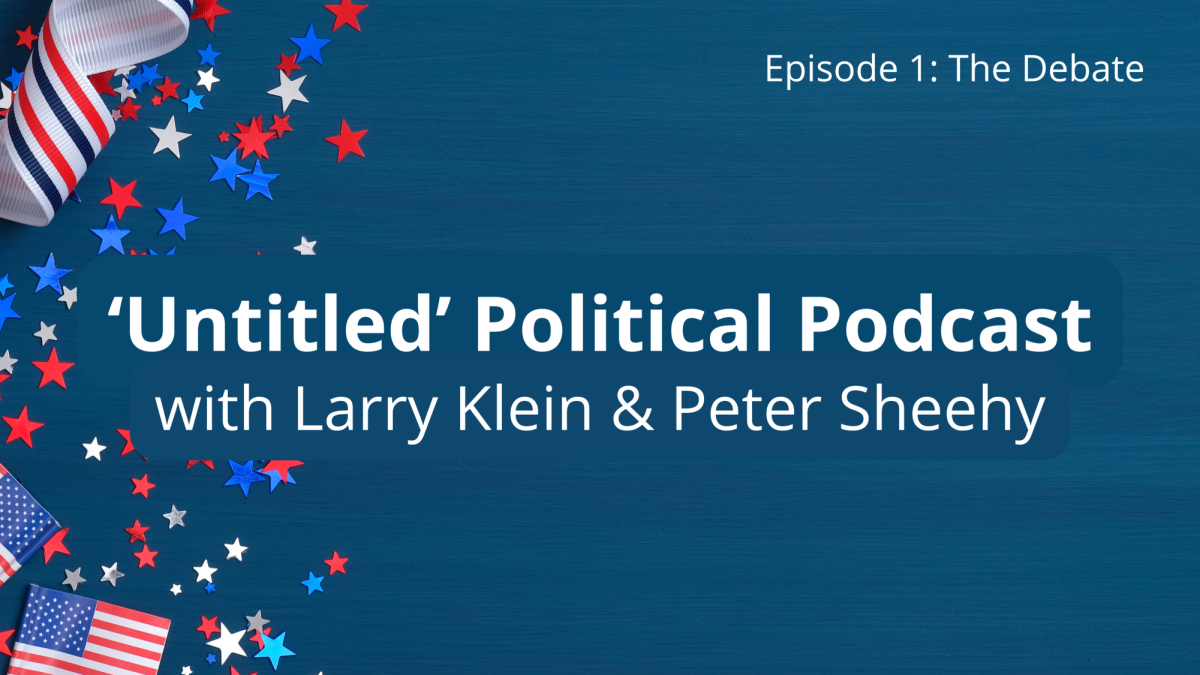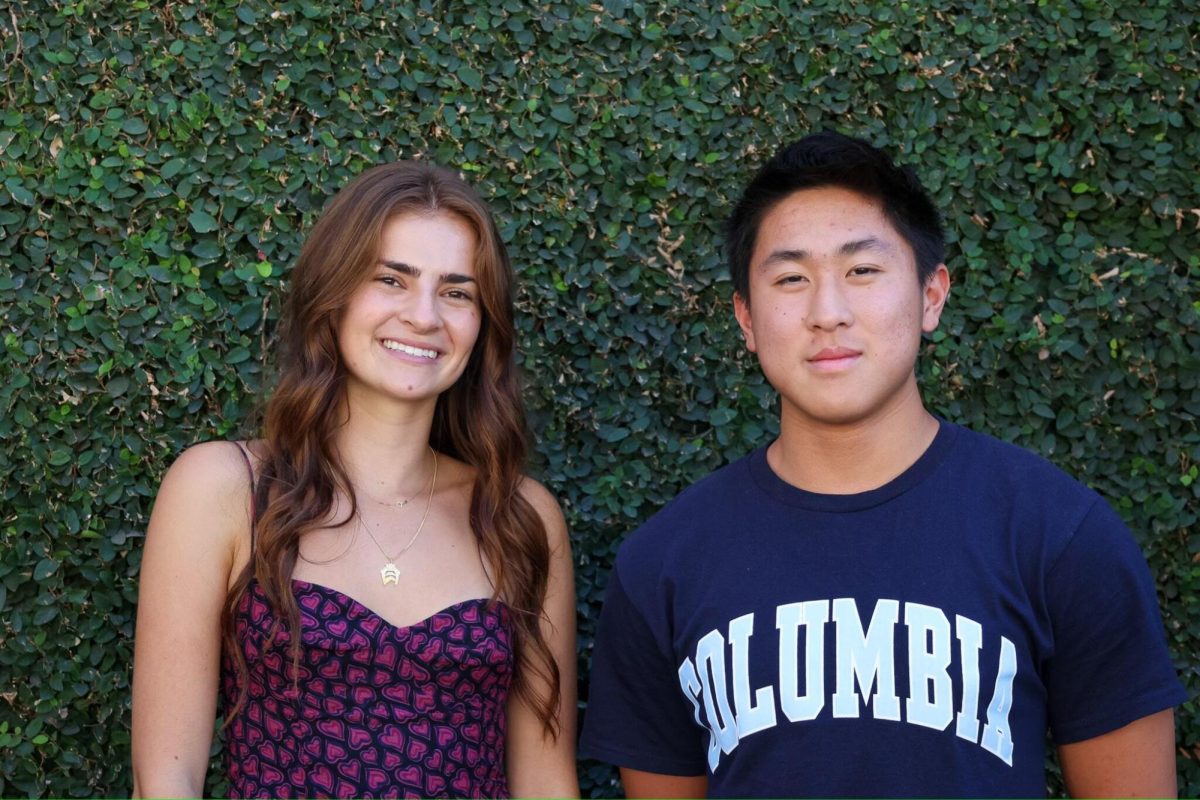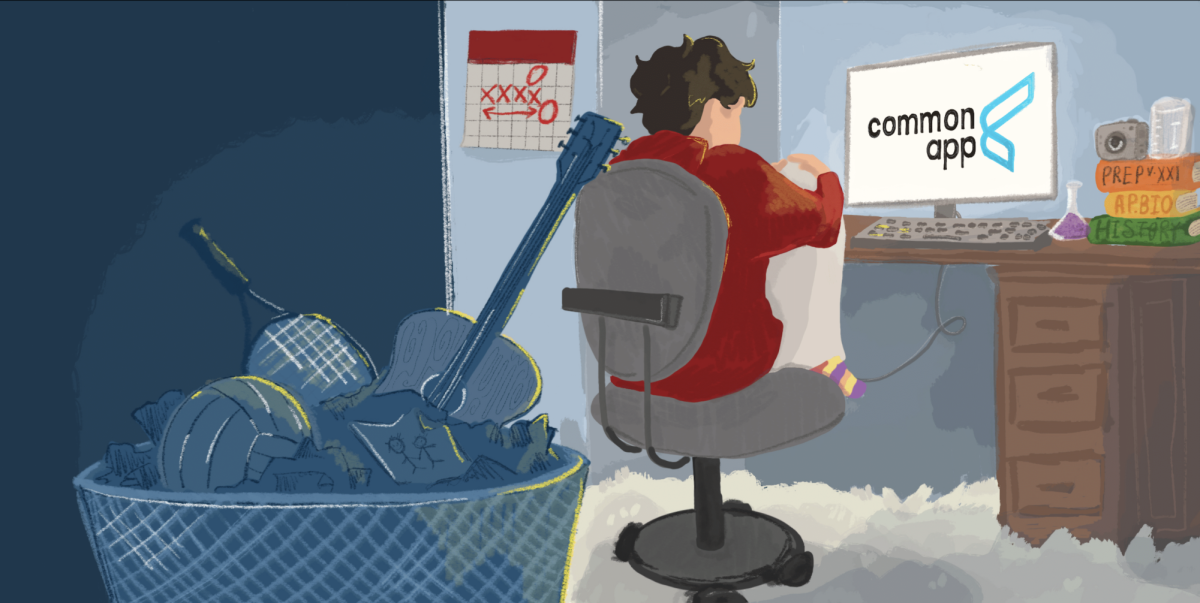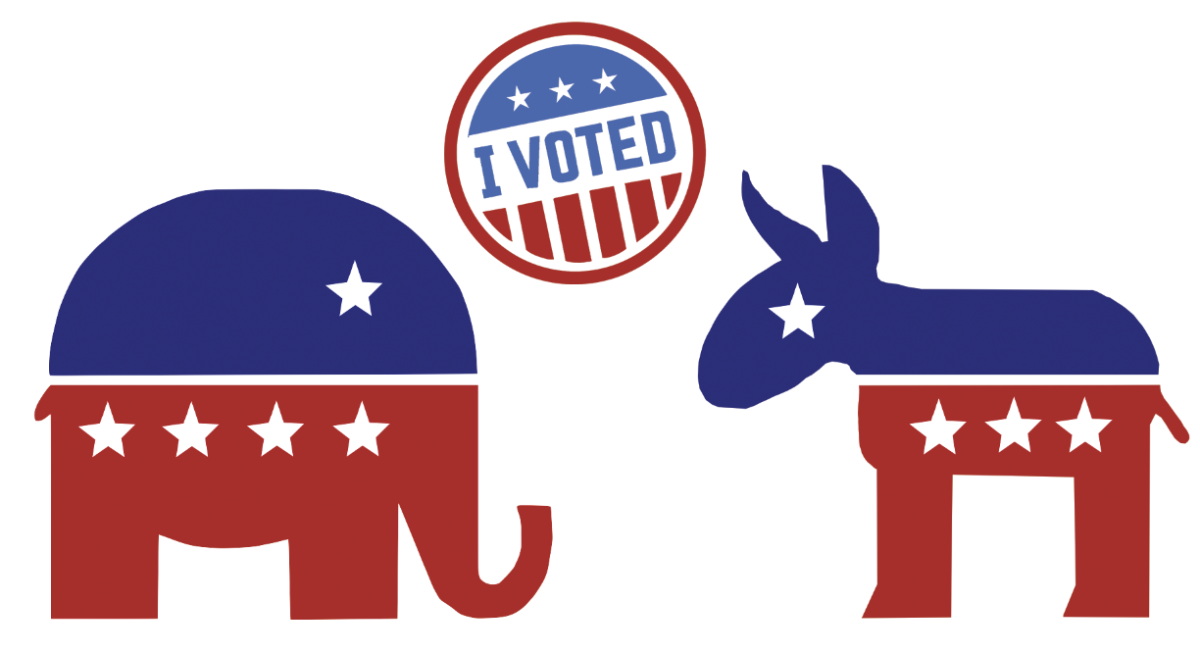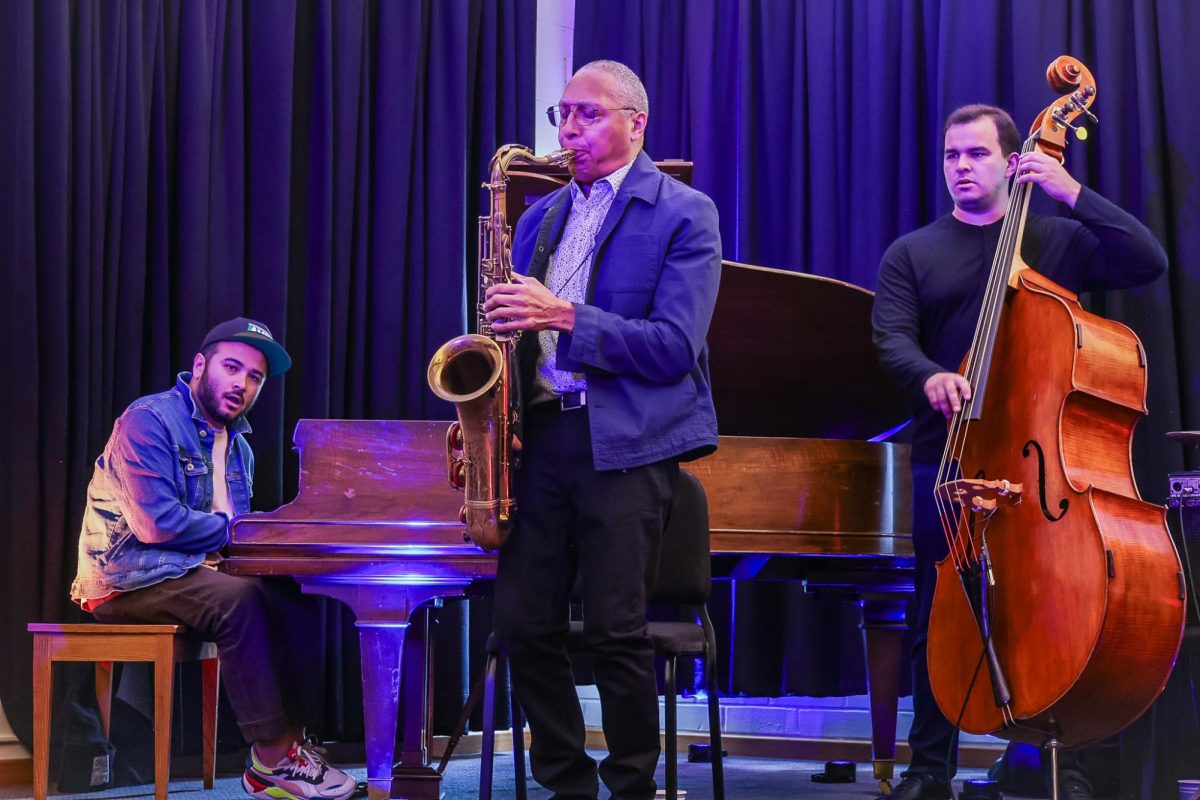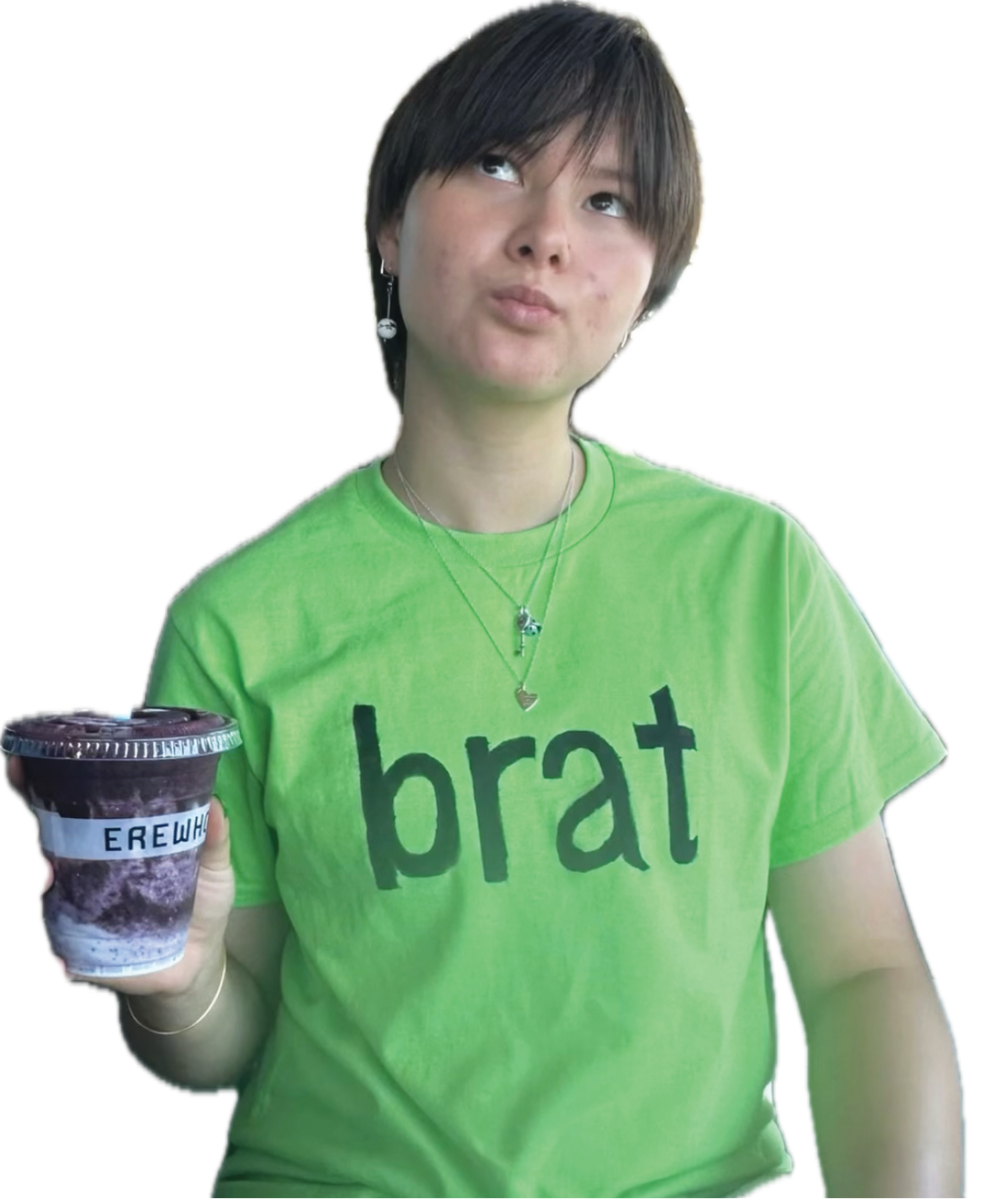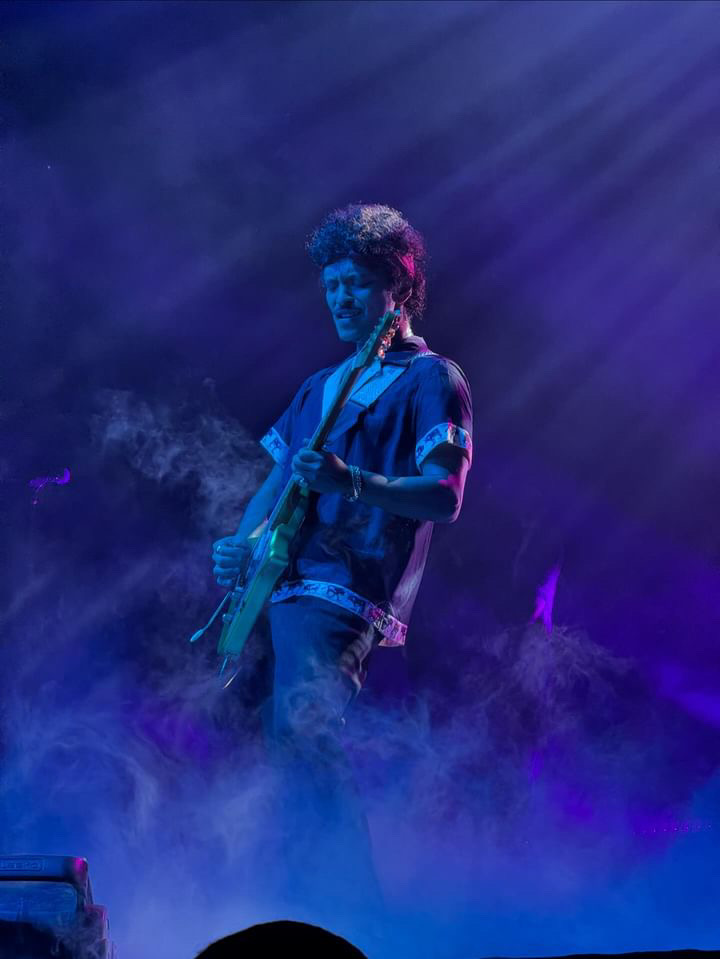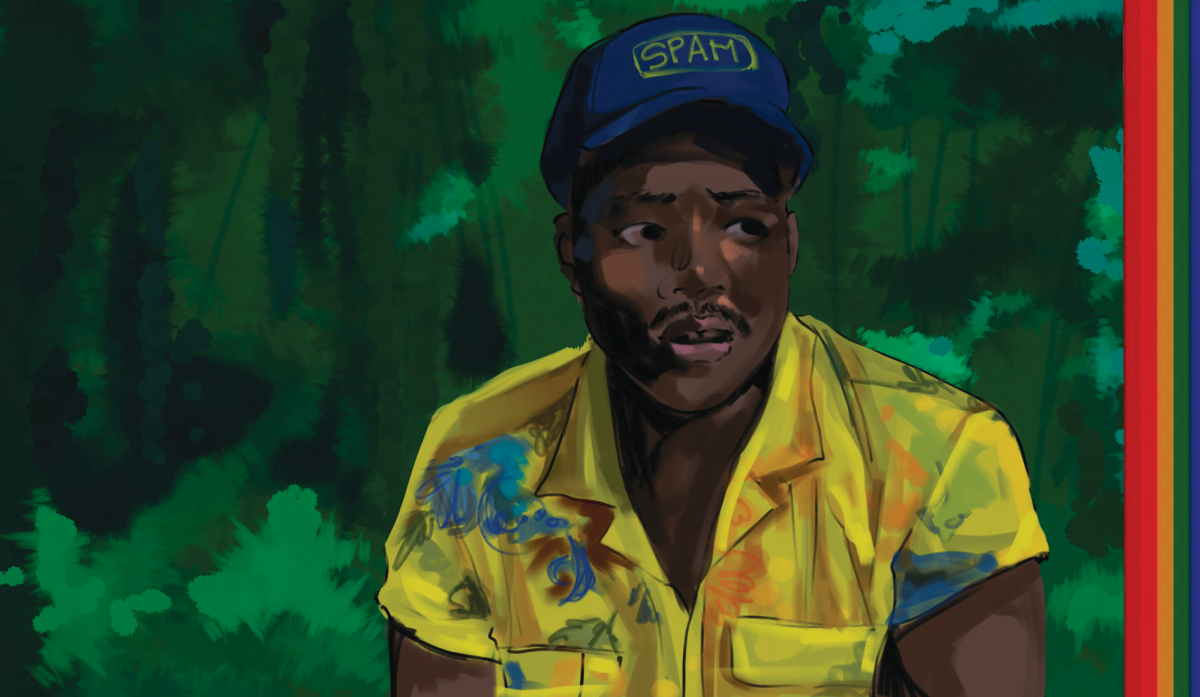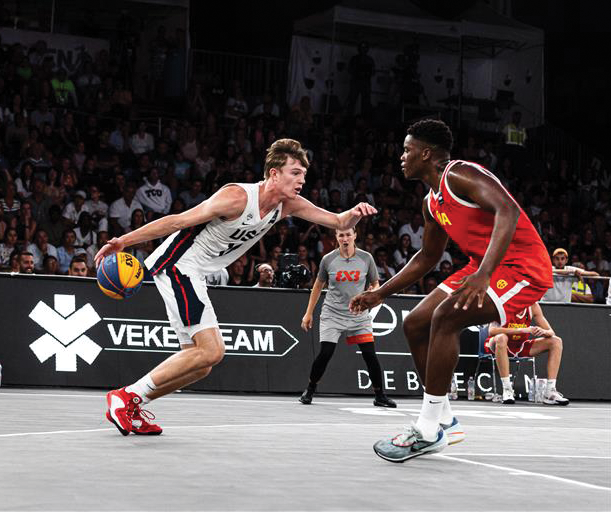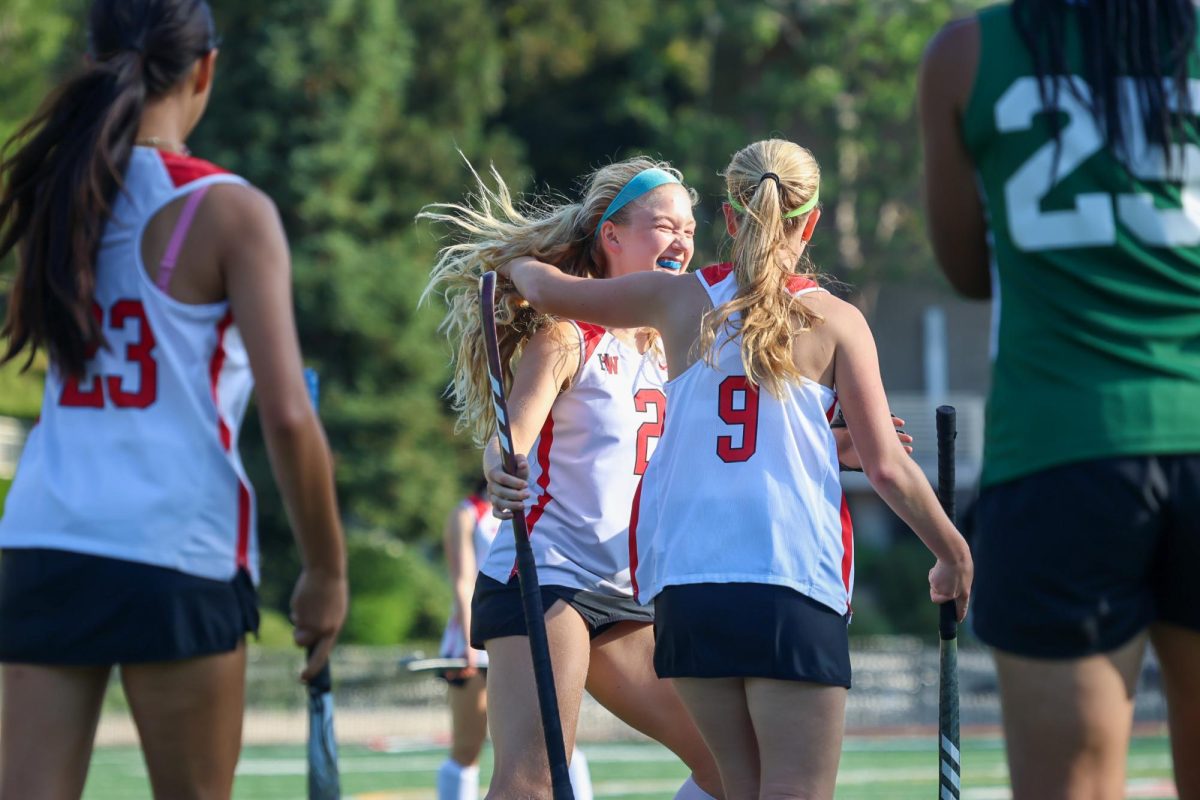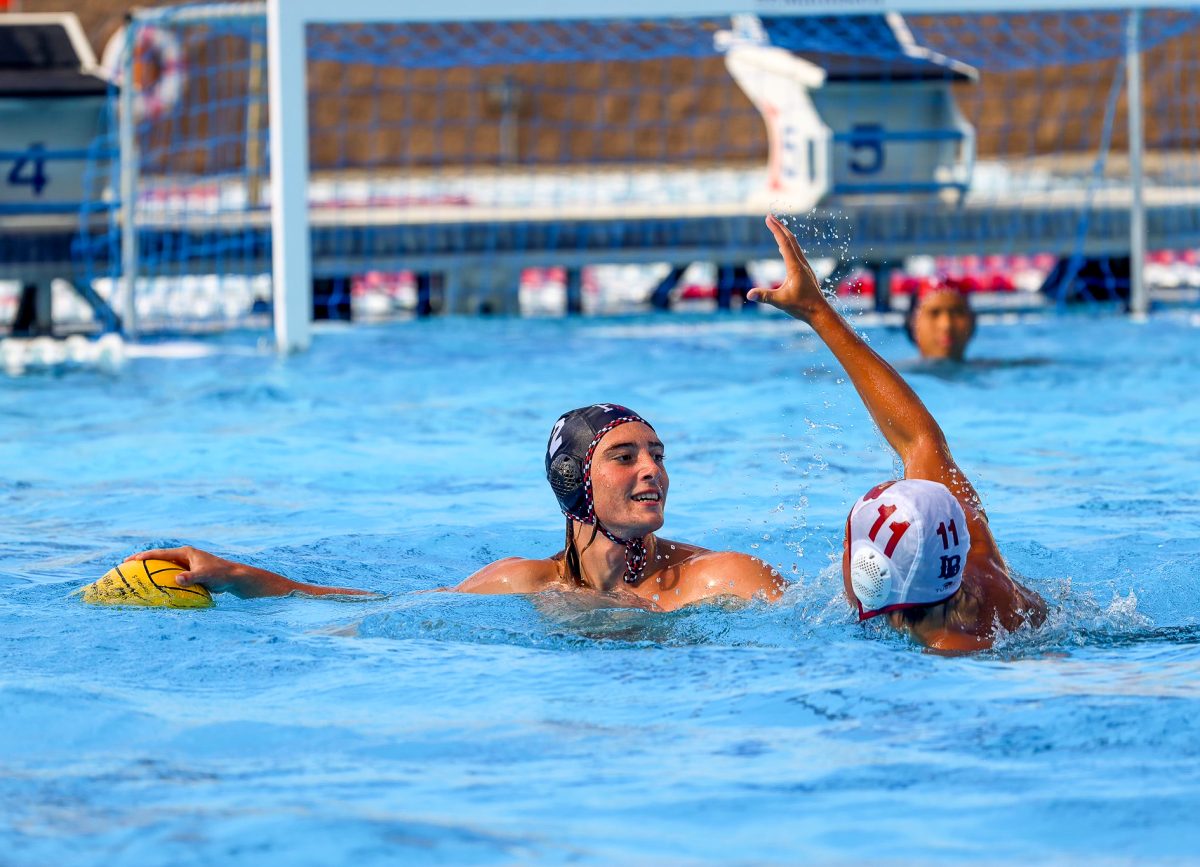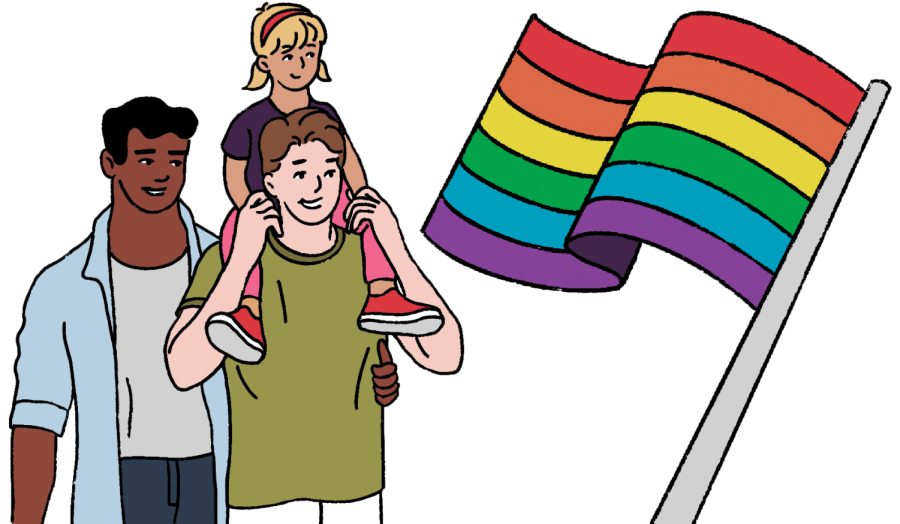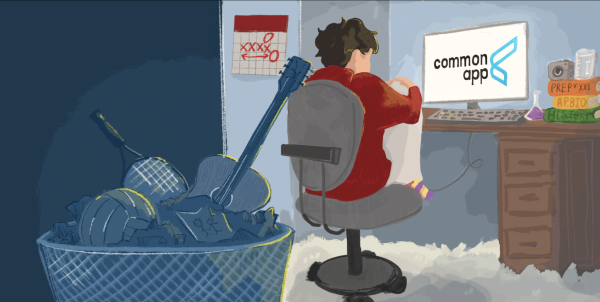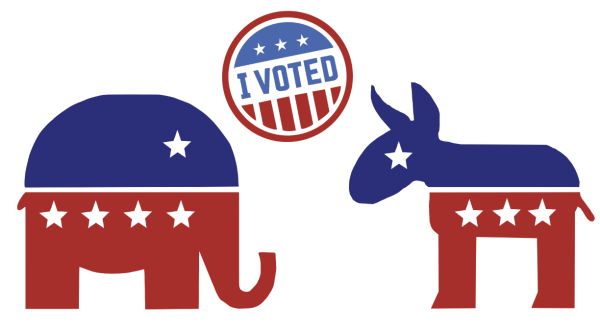Parenting with pride
In honor of LGBTQ Pride Month this June, students with same-sex parents describe their experiences growing up and navigating school.
An illustration depicts a same-sex couple with a child, celebrating Pride Month together. Approximately 114,000 same-sex couples are currently raising children in the U.S., according to the UCLA School of Law Williams Institute.
When asked by her fourth-grade teacher to write about her favorite weekend activity, Shoshana Bernstein ’22 chose to describe how she enjoyed cooking with her moms. The teacher, assuming Bernstein had made a spelling error, told her to change the word “moms” to “mom.”
“There’s not supposed to be an ‘s’ there,” the teacher said.
As the daughter of same-sex parents, Bernstein said misunderstandings like this one occur frequently, and she often finds herself having to explain her family structure to strangers.
“When you’re talking to someone else, people just assume you have one mom and one dad,” Bernstein said. “I don’t think I’ve ever felt weird about saying I have two moms. It’s just something I’m so used to saying, and I don’t even realize how often I say it, but it just comes up so often.”
One of Bernstein’s mothers gave birth to her with the help of a sperm donor. Bernstein said since some people perceive her birth story and family as unusual, they sometimes feel justified in asking her inappropriate questions.
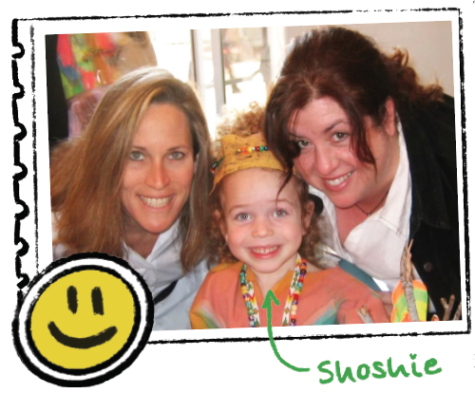 “People often feel like they have a weird [right] to ask really invasive family questions that you would never ask of a more nuclear family,” Bernstein said. “People would [say], ‘Do you feel closer to your biological mom?’ They’re random people I barely know.”
“People often feel like they have a weird [right] to ask really invasive family questions that you would never ask of a more nuclear family,” Bernstein said. “People would [say], ‘Do you feel closer to your biological mom?’ They’re random people I barely know.”
Katie Hadsock-Longarzo ’23, who also has two moms, said she often faces questions about her conception and whether she wants to meet her sperm donor. She said she has no interest in doing so.
“He just donated sperm so that families could have children,” Hadsock-Longarzo said. “I already have two parents. Nothing is missing in my life. But people assume that because some guy donated to a sperm bank, I’m missing out. I think that comes from the traditional idea of having a [mom and dad].”
Hadsock-Longarzo said the media representation of same-sex couples, such as Rachel Berry’s dads on “Glee,” is often over-dramatized and caricatured, as they have few personality traits outside of their sexuality. She said it was difficult to see herself in these families when she was growing up.
“I think the best media representation is when it’s subtle, and they don’t even mention it,” Hadsock-Longarzo said. “It’s just like any other family. They wouldn’t go into detail about a straight couple having a kid and that backstory. Either way, it’s just people having a kid.”
Hadsock-Longarzo said although her lack of exposure to other LGBTQ families sometimes led her to feel uncomfortable sharing her family background with others, this has become less awkward as she has gotten older.
“I don’t really care now whether people judge me or not,” Hadsock-Longarzo said. “If they do, I don’t need them in my life, and I don’t want to be associated with them or be around them. But it’s weird that I had that pressure on me as a teenager to not [challenge] people’s assumptions. I felt so nervous about talking to people.”
Danny Tan-Goldhammer ’23, the son of two dads, said he has become used to strangers assuming he has a mom and dad, and he said his parents often don’t correct those who make these assumptions.
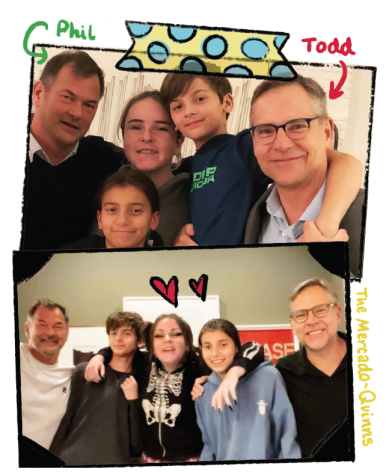 “I used to [ask my parents], ‘Why don’t you correct them?’” Tan-Goldhammer said. “‘They obviously got it wrong, [so] why didn’t you correct them? What’s the issue?’ But as I’ve gotten older, I’ve [understood] why they don’t. We don’t even talk about it because we don’t see it as a big issue. Although there is a lot of homophobia out there, they don’t really let it bother them.”
“I used to [ask my parents], ‘Why don’t you correct them?’” Tan-Goldhammer said. “‘They obviously got it wrong, [so] why didn’t you correct them? What’s the issue?’ But as I’ve gotten older, I’ve [understood] why they don’t. We don’t even talk about it because we don’t see it as a big issue. Although there is a lot of homophobia out there, they don’t really let it bother them.”
However, Tan-Goldhammer said having two dads has occasionally caused some especially uncomfortable moments in public, particularly because his dads are not of the same race. He said a recent experience with a customs agent at the airport was upsetting.
“They thought [our white dad] was just a friend of our [Asian] dad, so it was very awkward and uncomfortable,” Tan-Goldhammer said. “It was never an issue but just awkward. It bothered me, and it bothered [my parents] a lot.”
In addition to public perception, Growing Generations Co-owner Dr. Kim Bergman, who has helped same-sex couples have children for 30 years, said another issue facing these couples is coming to terms with the reproductive barriers they encounter.
“There’s the psychological sort of issues to overcome,” Bergman said. “For example, only one of the men could be the sperm contributor for one baby, and [only] one of the women could be a contributor. So, of course, it doesn’t matter in terms of both dads being the full and equal dads, but from a genetic perspective, it makes a little difference. There’s obviously homophobia because maybe family members aren’t supportive, [and] depending on what community the parents live in, the laws may not be particularly protective. Those are the roadblocks.”
Bergman said particularly for gay men, the process of surrogacy involves many moving parts and a variety of individuals helping along the way.
“There’s a doctor who is a reproductive endocrinologist, there’s a lawyer who is a specialist in reproductive law and there’s a psychologist to help put it all together and assess and help everybody do their part and do it well,” Bergman said. “[The psychologist] helps parents be informed and know what they’re getting into and talks with the donor about what her role is. They talk with the surrogate about what her role is, and [they talk] with the parents about what is important in talking to their kids. There’s a whole team that comes together to help. It’s really a village that helps two men have a baby.”
Bergman said she is proud to have helped thousands of same-sex couples achieve their dream of becoming parents over the course of her career.
“If you want to be a parent, and you can’t be a parent because of biology, then it’s really devastating,” Bergman said. “So to be able to be a parent through third-party assisted reproduction is amazing. In 30 years of doing this, I have seen thousands of gay families just [be] absolutely thrilled. It’s something that 30 to 40 years ago was totally inaccessible. It wasn’t a thing. It barely existed for infertile couples, let alone gay couples. So it’s something I’m incredibly proud of.”
Another barrier facing same-sex couples is the prospect of weakened legal protections. After a Supreme Court opinion overturning abortion rights leaked earlier this month, same-sex marriage is now in jeopardy, according to NPR. In 2020, Justice Samuel Alito, who authored the leaked opinion, said the 2015 case Obergefell v. Hodges – which established marriage equality nationwide – was wrongly decided, according to The New York Times.
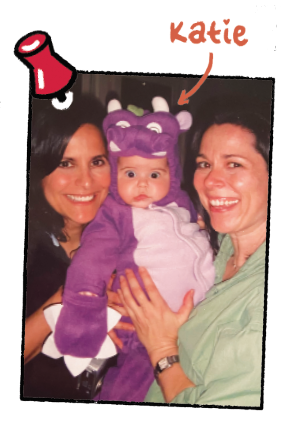 Hadsock-Longarzo said the possibility of the U.S. regressing on LGBTQ rights is worrying and harmful for children with same-sex parents.
Hadsock-Longarzo said the possibility of the U.S. regressing on LGBTQ rights is worrying and harmful for children with same-sex parents.
“If gay marriage is made illegal, then it’s telling kids [with same-sex parents] that their family is wrong in some way, and that’s not okay,” Hadsock-Longarzo said. “That’s not good to imprint on a kid, being told that your family is wrong.”
An additional trend nationwide is the introduction of bills restricting how gender and sexuality can be discussed in classroom settings, such as Florida House Bill 1557, also dubbed the “Don’t Say Gay” Bill. Hadsock-Longarzo said this legislation will impact how teachers are permitted to discuss their students’ same-sex parents.
“It’s putting pressure on teachers to choose between being a decent human and acknowledging that their students have families of all different shapes and sizes, in order to abide by the law,” Hadsock-Longarzo said. “That’s an impossible decision. It forces teachers to do, in my opinion, the wrong thing and tell a kid, we can’t talk about your family because your family looks different than other people’s [families]. It’s also putting pressure on the kid because they’re not allowed to talk about their family.”
Despite some negative experiences during their childhoods, Bernstein, Hadsock-Longarzo and Tan-Goldhammer all said they have not faced judgment about their same-sex parents at the school. Bernstein said she appreciates the work the school has done to include LGBTQ students and families. She said she has had the opportunity to discuss her mom’s activism as both a rabbi and a lesbian within her coursework.
“I think it’s cool how there are more and more LGBTQ issues and awareness incorporated into the curriculum as I’ve gone through the years,” Bernstein said. “For example, I took Gender Studies, and for my project, I did it about women rabbis, but also specifically lesbian rabbis, so I was able to connect that to my mom and talk about different activist movements that have led to [her activism].”
Phil Mercado (Gus Mercado-Quinn ’25, Leila Mercado-Quinn ’25) founded HW Pride, an affinity group for LGBTQ parents, students and staff, with his husband Todd Quinn this school year. Mercado said he started the organization to help bring together LGBTQ members of the school community beyond just the students.
“One thing I think that was missing with [the school] is a group that was focused on the LGBTQ community, but more of a broad-based one that doesn’t necessarily just include the kids like the [current groups] at the middle school campus and the upper school campus,” Mercado said. “[We needed] one that really involves same-sex parents, allies, alumni, faculty, staff and students. Talking with a number of other family members and faculty and staff, we just felt that it was the right time to be able to do it.”
Mercado said although many members of the LGBTQ community choose to attend other independent schools in Los Angeles, he hopes the community will eventually come to the forefront of the school alongside other diverse groups.
“I think [the school] just attracts a different kind of family, a different kind of student,” Mercado said. “And as such, it’s not something maybe that has always attracted the LGBTQ community, unlike some very progressive schools. And so I think there have been some challenges with representation [here]. Certainly, there are faculty and staff, but I think that [it is] important in my eyes, in my husband’s eyes and our kids’ eyes to be able to have that greater presence in the community.”

